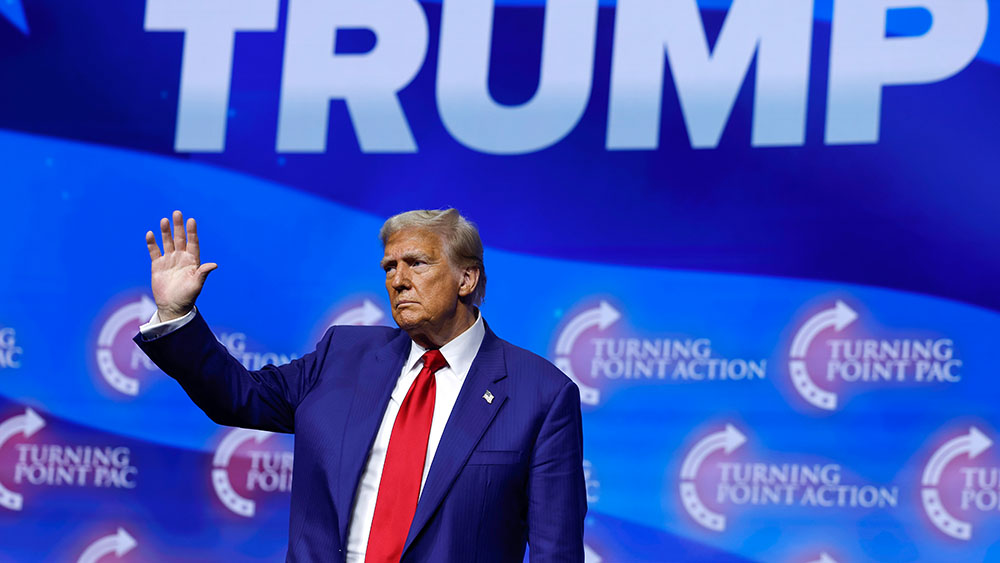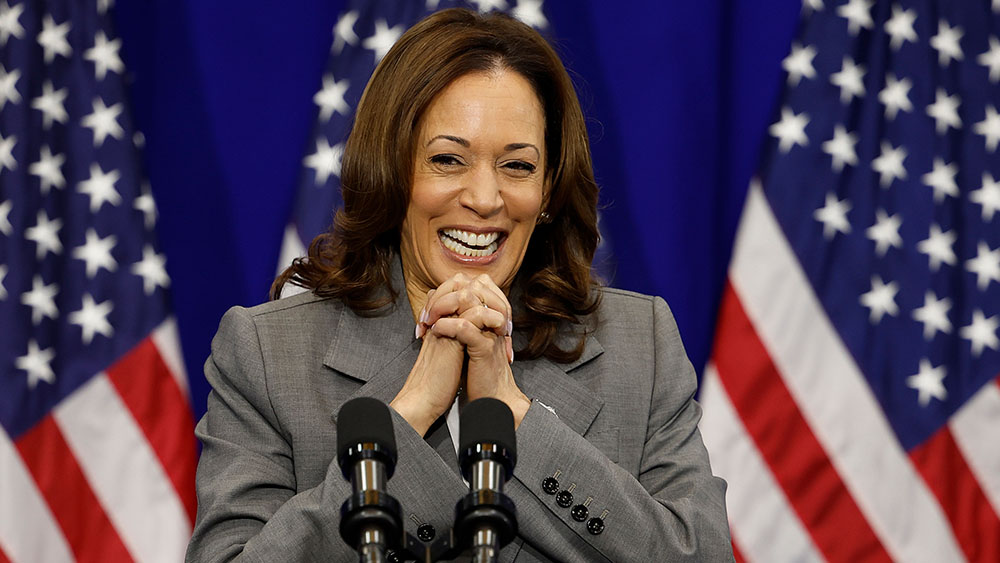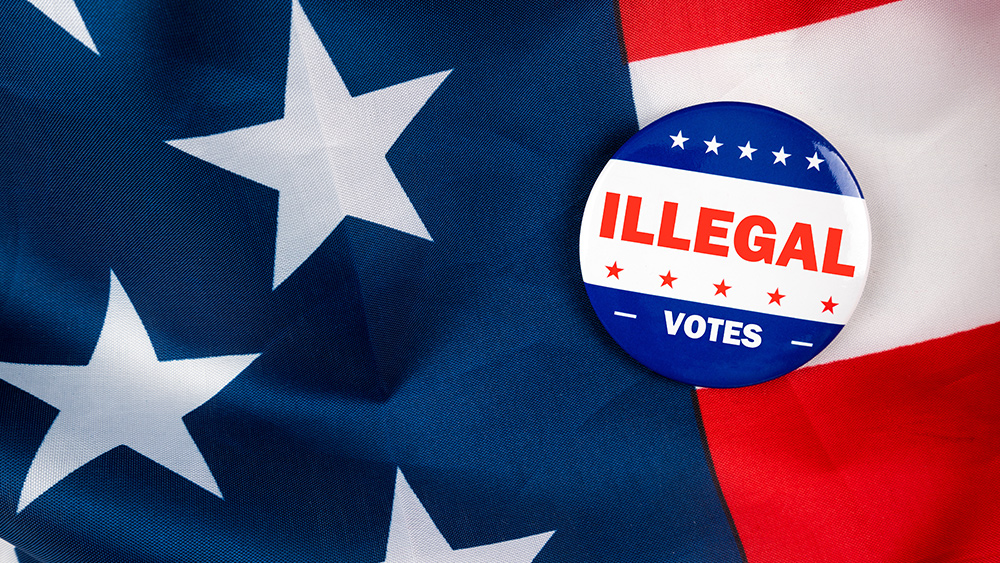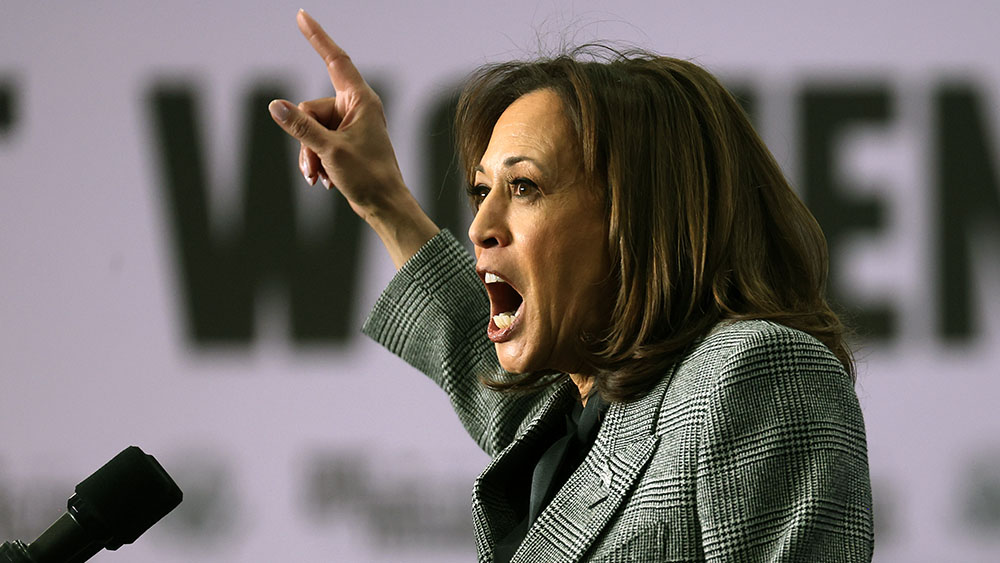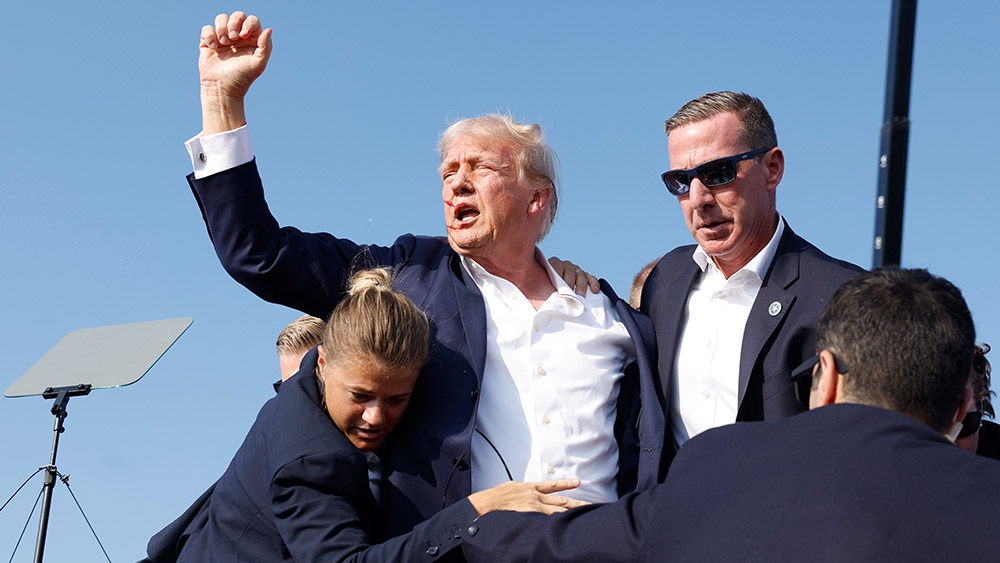
A photo editor for a major news outlet has called for an iconic picture of Donald Trump to be "buried" over concerns that it provides the former president with "free PR."
Reclaim The Net reported that the editor, whose identity remains undisclosed, called the picture's continued publication "free PR" for Trump. The editor also emphasized the potential danger in glorifying such an image. The picture in question is the "clenched fist" image of Trump taken moments after the failed assassination attempt against him by Thomas Matthew Crooks on July 13.
According to the photo editor, "no one was talking about how these photos could impact public perception in the rush to get it out." They added that their company "gets millions of millions of visitors everyday and I don't think we discussed enough about what these photos could mean."
The photo editor wasn't alone with that sentiment. Another photographer who has freelanced for major publications expressed worry that the picture would become "a propaganda machine." According to this photographer, the image itself has made Trump "a martyr."
Evan Vucci of the Associated Press (AP) was behind the camera when a bullet narrowly missed Trump during a Pennsylvania campaign rally. It showed the former president, bloodied but unbowed, raising a fist to his supporters as he was hurried off stage flanked by the Secret Service – with the American flag in the background.
Trump himself commented on the photo's impact in an interview with the New York Post, proudly noting the iconic status of the image and the unusual circumstance of surviving such an ordeal.
"A lot of people say it's the most iconic photo they've ever seen," he said. "They're right and I didn't die. Usually, you have to die to have an iconic picture." (Related: The Trump assassination attempt exposes the establishment's deceitfulness.)
Calls to suppress the iconic Trump image raise concerns about press freedom
According to Reclaim The Net, the call for censorship of the dramatic image raises several concerns, particularly regarding the principles of press freedom and public interest. Firstly, withholding the image from public view under the pretext of preventing "free PR" for Trump challenges the fundamental role of the media in providing a comprehensive and unfiltered view of significant events.
Media outlets bear a responsibility to report the news as it unfolds, without succumbing to considerations about the potential political gains of the subjects involved. By advocating for the suppression of the photo, the unnamed photo editor indirectly suggests that the media should prioritize perceived consequences over the duty to inform, which could set a concerning precedent for news coverage.
The media's role is not to manipulate public perception through omission but to present facts and allow the public to form informed opinions. In this instance, denying access to such a momentous image does a disservice to the understanding of the event's gravity and the public’s ability to engage with it critically.
The notion that a publication that captures a powerful image could serve as inadvertent promotion overlooks the public's right to witness and interpret pivotal moments in the political arena. The photo's portrayal of resilience and defiance, regardless of one's opinion of Trump, is a significant historical record. It captures a rare and intense moment of vulnerability and survival with inherent news value.
Suggesting that images should be censored based on their potential impact on an individual's image is a slippery slope toward a sanitized and less informative public discourse.
Visit Trump.news for similar stories.
This video is from the TrendingNews channel on Brighteon.com.
More related stories:
Trump rewrites RNC speech to focus on UNITY following assassination attempt.
FBI staffer in hot water over posts lamenting Trump’s botched assassination.
X user: FBI and Secret Service were complicit in Trump assassination attempt.
Trump triumphantly appears at RNC just two days after being shot in assassination attempt.
Sources include:
Please contact us for more information.















